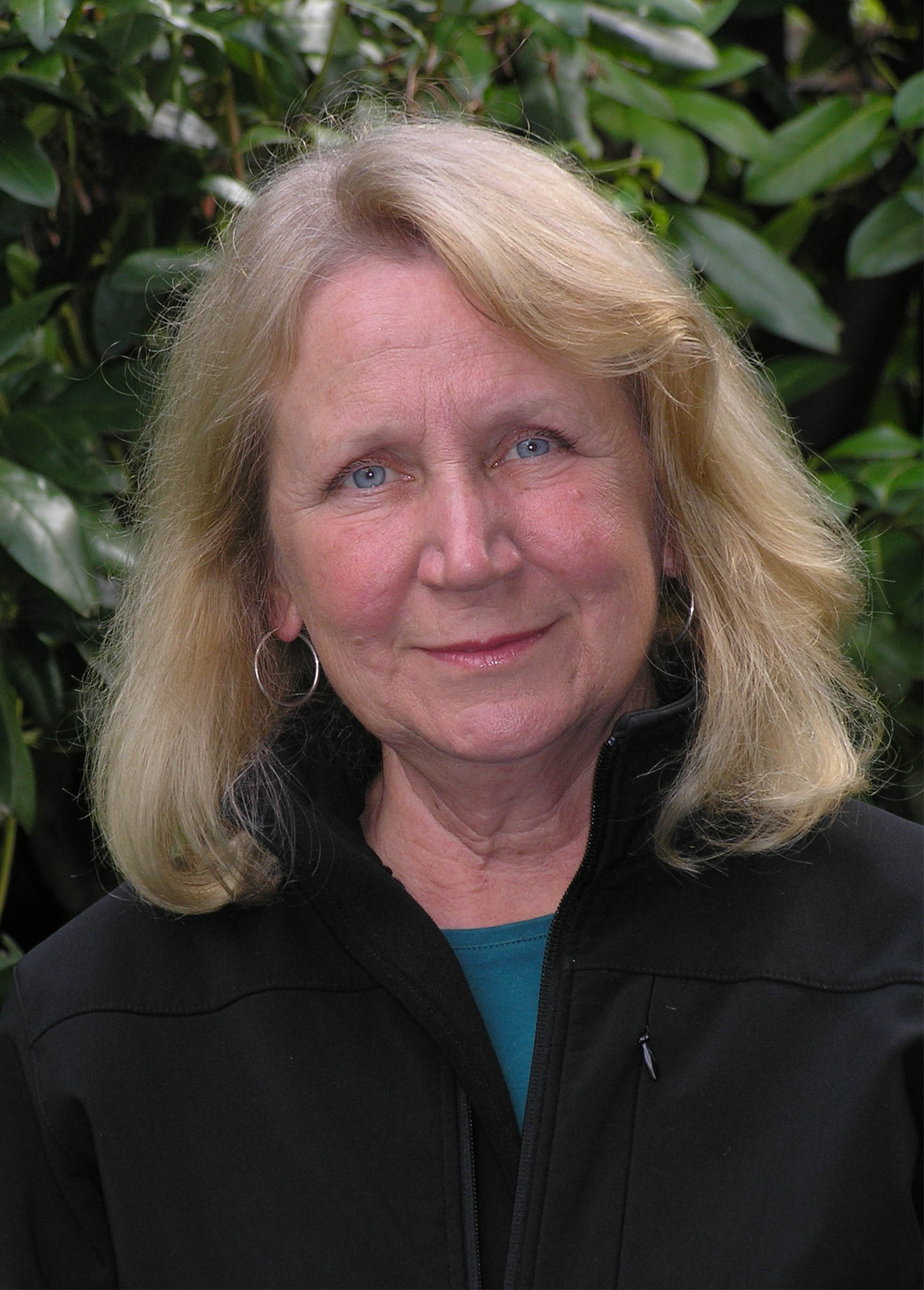
18 May MOVING MOUNTAINS TALK: KATHLEEN DEAN MOORE
“If we act on the side of justice, we have the power to turn tides,” Desmond Tutu

Kathleen Dean Moore, a river runs through her mind
A moral imperative is the basic experience of encountering the right and compels a person to act.
Ask environmental philosopher Kathleen Dean Moore all about moral imperatives, particularly those related to Mother Nature and climate change.
She gets it.
And Kathleen Dean Moore just happens to be a guest speaker at Mountainfilm in Telluride’s Moving Mountains Symposium, 2013, Friday, May 24. The subject is Climate Solutions.
Tim DeChristopher gets it too.
In a real-life game of monopoly (of the fossil fuel variety), he played his hand and got sent to jail – without passing “Go.” His inner Jiminy Cricket saw no alternative. Tim was released on April 21, the day before Earth Day and returns to Mountainfilm to speak at the Symposium about people power.
(The film that tells his story, George & Beth Gage’s “Bidder 70,” premiered at Mountainfilm in Telluride last year and opened in New York’s Quad Cinema on Friday, May 17.)
Senior Emily Kirkland and other students at Brown University and at 300 colleges across the country get it, lining up beliefs with deeds.
Young activists worried about climate change are borrowing a strategy that students successfully used in decades past. In the 1980s, students enraged about South Africa’s racist Apartheid regime got their schools to drop stocks in companies that did business with that government. In the 1990s, students pressured their schools to divest Big Tobacco. In a variation on the theme of Tim’s action, young people targeting a mainstay of the economy, large oil and coal companies, are asking governing boards to drop investments in fossil fuel companies. (At Brown, students narrowed their focus to the 15 biggest companies that mine coal and make electricity and the administration agreed.)
Bill McKibben, who founded 350.org (and will attend Mountainfilm’s Symposium via Skype), argues that hitting the companies in their stocks is what’s necessary to get corporations and the government to start taking climate change seriously. You know the deal: money talks. Money and students. McKibben says student activists are changing the minds of their peers and that’s the next generation of environmental leaders.
The students and McKibben are among the green crusaders who get it.
In his book “Blessed Unrest,” philosopher/activist/entrepreneur Paul Hawken maintains that dharma saints at the grassroots level are the people who can and will make a difference.
Those who know her, those who have studied with her or heard her speak, say one of those saints is Kathleen Dean Moore.
Moore is an environmental philosopher, teacher, nature writer, and climate advocate, who will speak at Mountainfilm about the ethical/moral imperative of not letting climate change spiral out of control.
“The Occupy Wall Street movements and climate action movements stand on the same moral ground and affirm the same moral principles: It’s wrong to wreck the world,” Moore wrote. “It’s wrong to wreck the health and hopes of others. An economic system that forces the people to bear the risks of the recklessness of a few powerful profiteers, to assume the burdens of others’ privilege, and to pay the real costs of destructive industries in the currency of their health and the hopes of their children — that system is immoral. And when, to enrich a powerful few, that system threatens to disrupt forever the great planetary cycles that support all the lives on Earth? This is moral monstrosity on a cosmic scale.”
 Moore’s new book, “Moral Ground: Ethical Action for a Planet in Peril,” gathers calls from the world’s moral leaders – the Dalai Lama, Wangari Matthai, Desmond Tutu, and E.O. Wilson among them – to honor our obligations to future generations to leave a world as rich in possibilities as our own. It is a call to ethical action.
Moore’s new book, “Moral Ground: Ethical Action for a Planet in Peril,” gathers calls from the world’s moral leaders – the Dalai Lama, Wangari Matthai, Desmond Tutu, and E.O. Wilson among them – to honor our obligations to future generations to leave a world as rich in possibilities as our own. It is a call to ethical action.
Until recently a Distinguished Professor of Philosophy at Oregon State University, Kathleen Dean Moore is now Senior Scholar at the Center for Humans and Nature. She is also founder and Senior Fellow of the Spring Creek Project for Ideas, Nature, and the Written Word.
Moore writes and speaks widely about the urgency of stopping climate change, a moral obligation based on considerations of justice, compassion, human rights, and duty to children. She lives in Oregon and, every summer, writes in a cabin where two creeks and a bear trail meet a tidal cove on Chichagof Island, Alaska.
“Although climate change is an economic and scientific issue, it is fundamentally a moral issue, and it calls for a moral response. Climate change is a human rights crisis, as it undermines the systems that support human lives, liberty, and security. Climate change is a crisis of justice, as the hardships caused by the profligate use of fossil fuels come to rest on the shoulders of the poor and voiceless. Climate change is a failure of reverence, causing the extinction of uncounted plants and animals, their beauty and abundance. And climate change is a betrayal of love, as it undermines the hopes of those we love the very most—our children and grandchildren.”
And there is no time to lose: according to numerous articles published the week of 5/6, the Earth’s atmosphere is entering a new era. A mountaintop research station in Mauna Loa, Hawaii, that has been tracking carbon dioxide for more than 50 years, says the level of that gas in our air has reached a milestone: 400 parts per million. Many have said 350 ppm was the tipping point.
So what now?
Attend the 2013 Moving Mountains Symposium and find out. Again, that’s Friday, May 24, 9 a.m. – 3:30 p.m. (Lunch included.)
AND
Click the “play” button and get a preview of what Kathleen Dean Moore has to say, particularly about a strategy she calls “creative disruption.”


Sorry, the comment form is closed at this time.